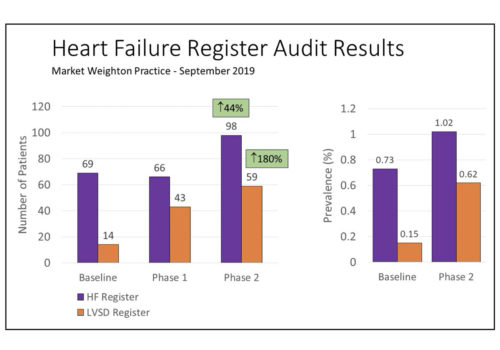Epidemiological and clinical research has determined that lipids contribute substantially to cardiovascular disease (CVD) and that modifying
the lipid profile has a significant impact on coronary events. These findings are reflected in continuously updated CVD management guidelines,
which focus on low-density lipoprotein cholesterol (LDL-C) as the primary therapeutic target. The guidelines have further defined LDL-C levels to which patients should be treated. An individual’s eligibility for treatment, and their LDL-C treatment goal and intensity of therapy is determined by their absolute CVD risk. Lipid abnormalities can be partly modified by lifestyle changes, which are integral to reducing risk for all patients. However, as lipid goals are progressively lowered, many patients will not be able to achieve them using lifestyle changes alone and these patients usually require treatment with lipid-modifying drugs. This article aims to provide practitioners with a concise guide to managing lipids with pharmacotherapy, based on recommendations from six of the most up-to-date clinical practice guidelines for prevention of cardiovascular disease.






















